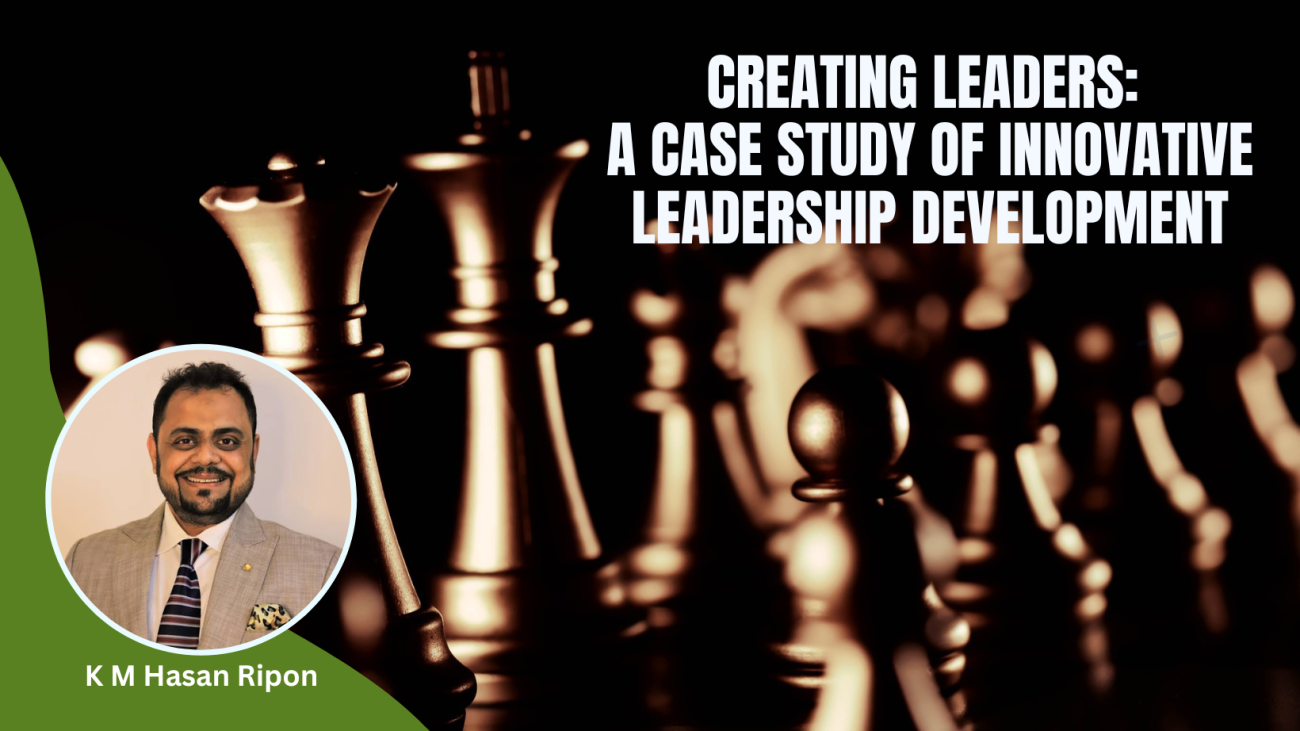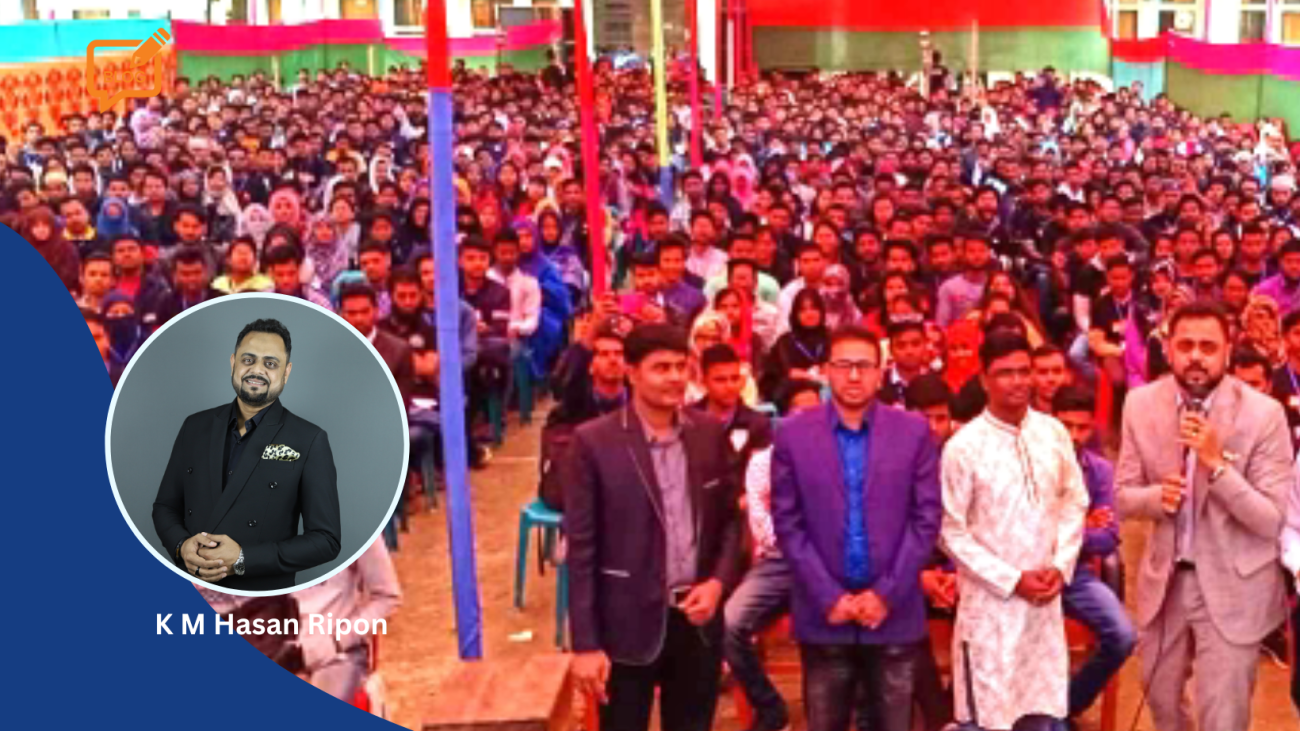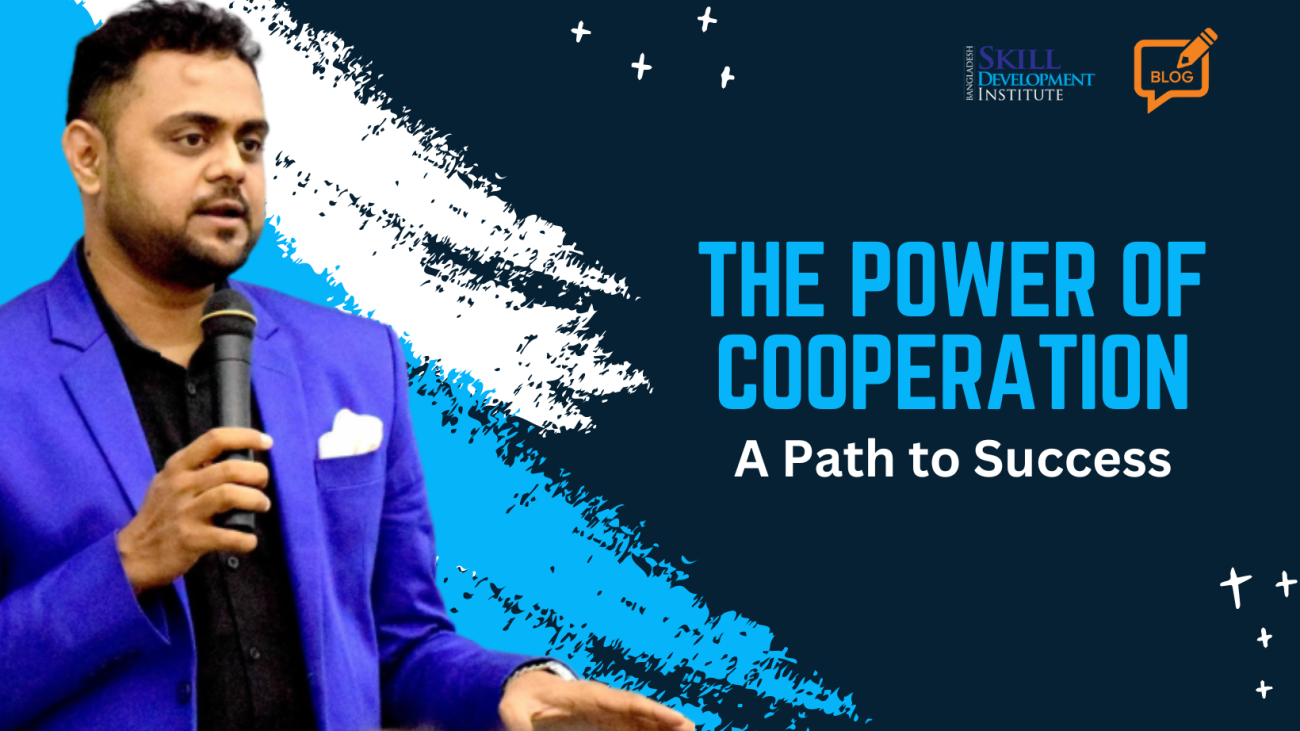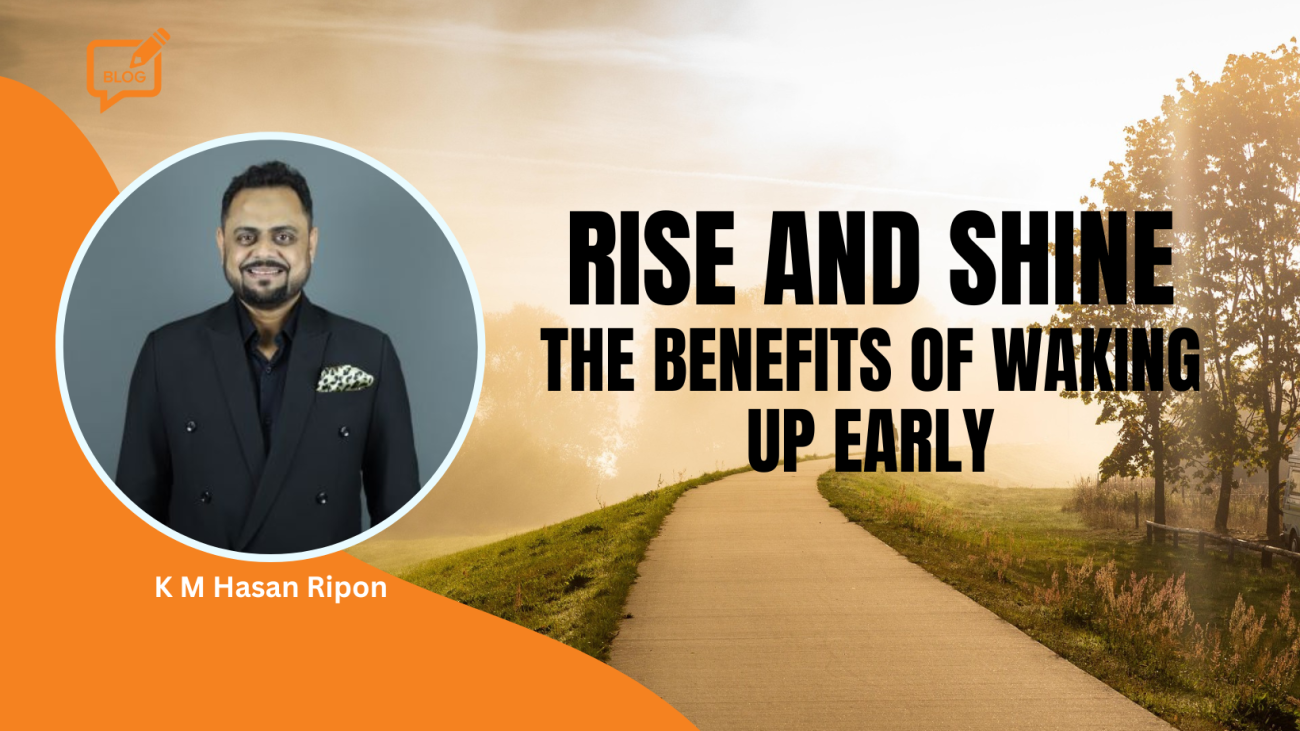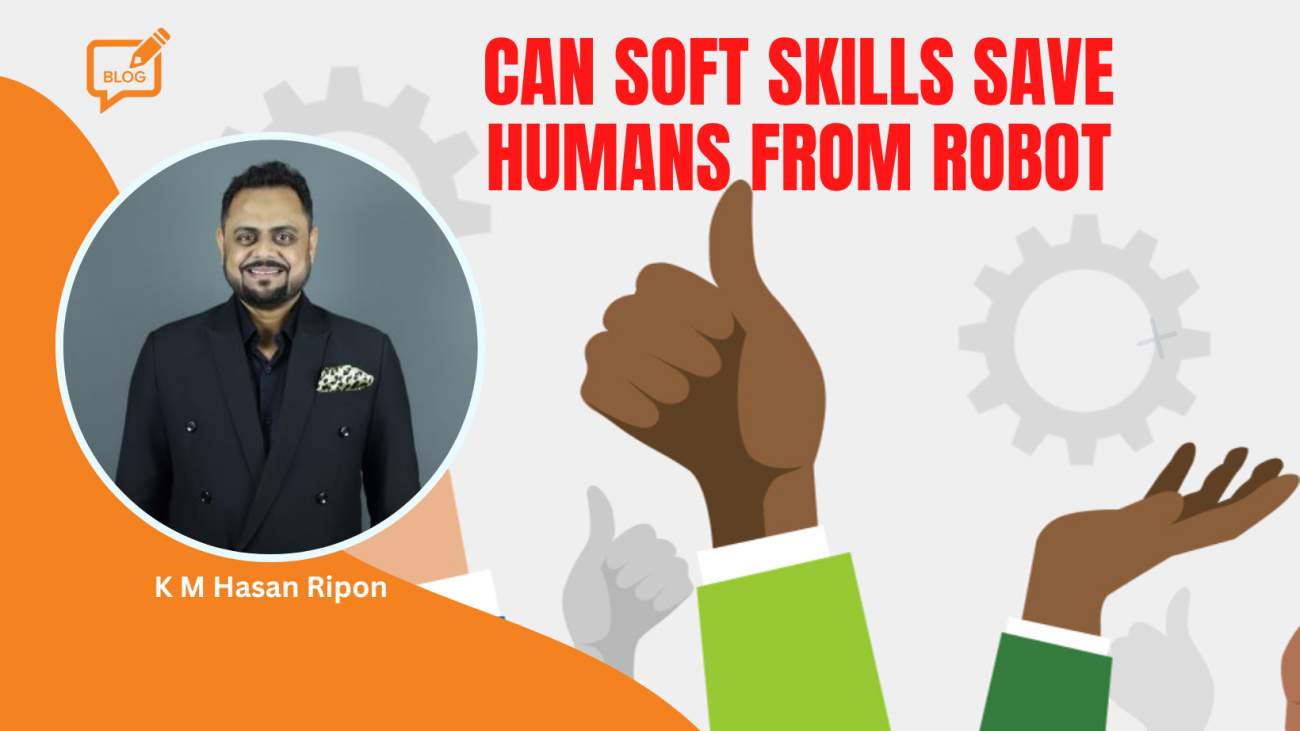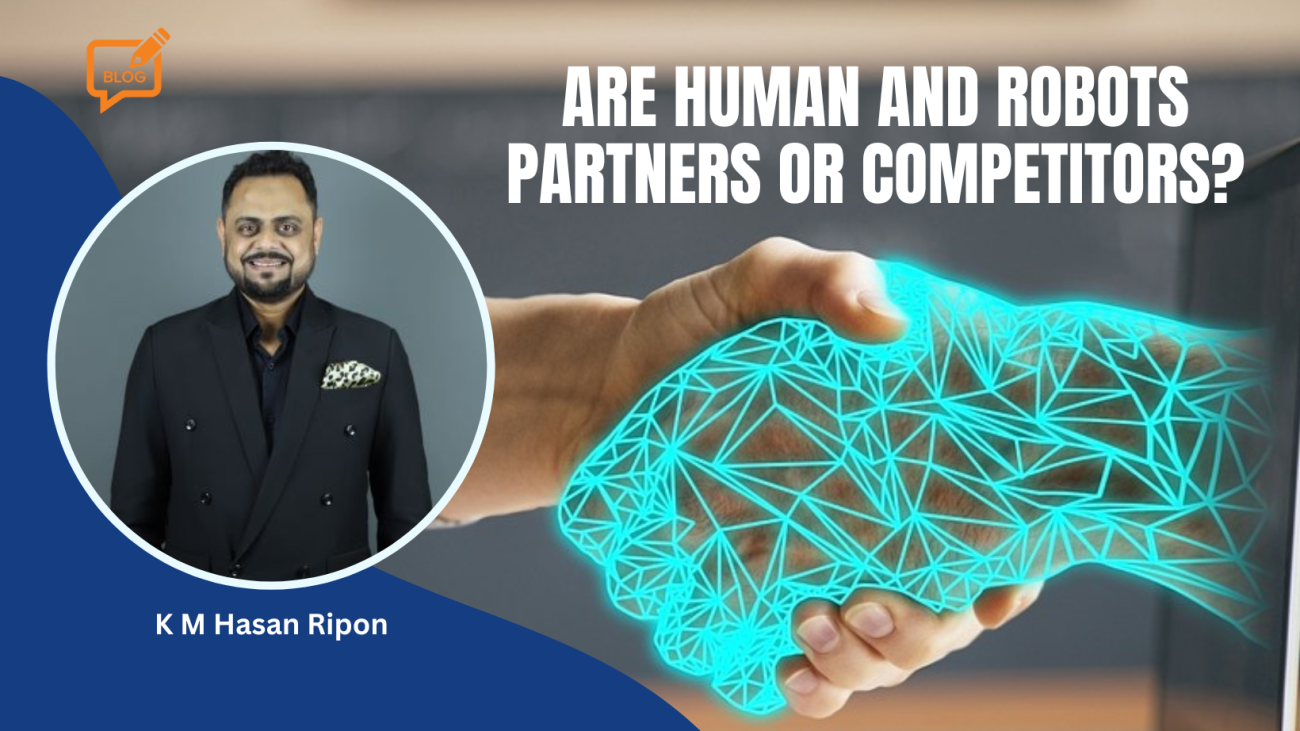Leaders should focus on creating new leaders, rather than just managing followers. This article will share the experience of a group of companies that have successfully implemented an innovative approach to leadership development.
The company’s first priority was to eliminate the traditional “One Man Show” mentality and help employees grow by providing new and challenging tasks, learning opportunities, and full support. To achieve this, the company took several steps, this article will outline a few of the leadership development initiatives they implemented:
- The company encouraged department leaders and managers to cultivate their second and third tiers of leadership. The goal was to eliminate the traditional “One-Man Show” approach.
- The Human Resources Division added a clause to their policy that every employee must complete at least 40 hours of learning each year. The company established partnerships with universities and institutes for learning opportunities, and also provided access to online learning resources through partnerships with online portals. This helped employees improve their knowledge and skills, leading to improved performance at work.
- Leaders were instructed to properly delegate tasks and evaluate performance in order to nurture leadership qualities.
- The company introduced an Office Management System, where employees were required to input daily and monthly task reports, as well as project completion reports. The intention was to manage the system, not the people, to increase bonding between employees.
- Employees were encouraged to present their ideas for revenue generation through the Office Management System, complete with resource planning and mobilization plans, and a team and focal person for implementation. This policy helped employees present their ideas in a structured manner, reducing the possibility of failure.
- The company adopted a Hybrid Management Structure, with both top-down hierarchy and bottom-up approaches, allowing for early identification and resolution of critical issues.
Initially, these innovative leadership development strategies faced criticism from some employees, however, a few optimistic leaders embraced the changes and reaped the rewards. Within two years, the company discovered numerous emerging leaders and launched multiple new offerings, services, and systems. The employee retention improved, customer satisfaction grew, and the company’s annual revenue saw a boost of 40%. Most significantly, work was fairly distributed among all staff and the “One Person Show” mentality was completely eradicated.
Creating new leaders is crucial for the growth and success of any organization. By providing learning opportunities, implementing effective management systems, and encouraging employees to take the initiative, organizations can develop a strong and dynamic leadership pipeline.
Author: K M Hasan Ripon, Executive Director, BSDI

